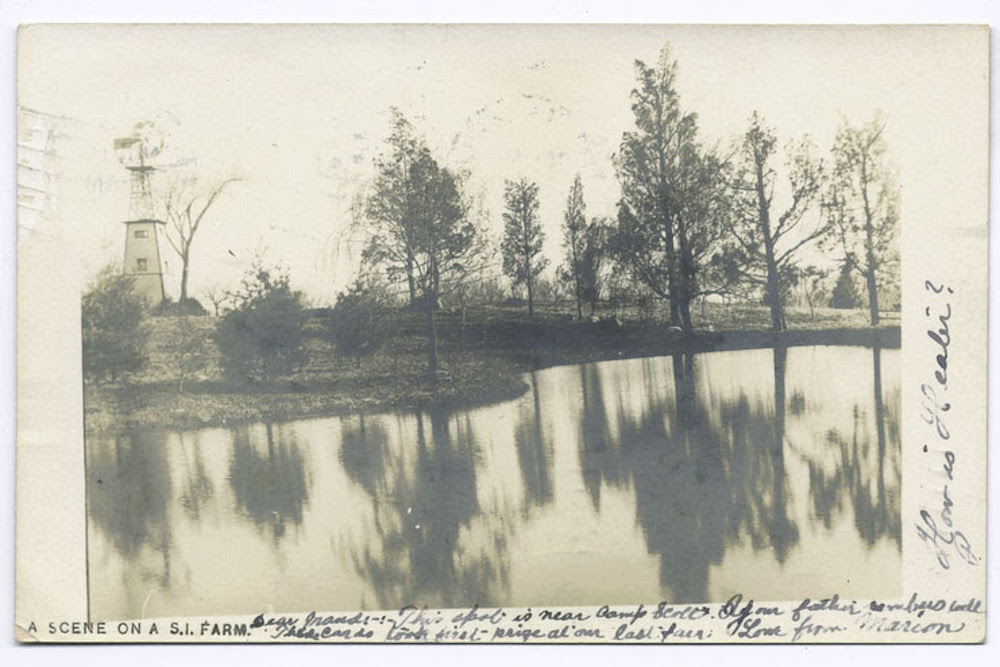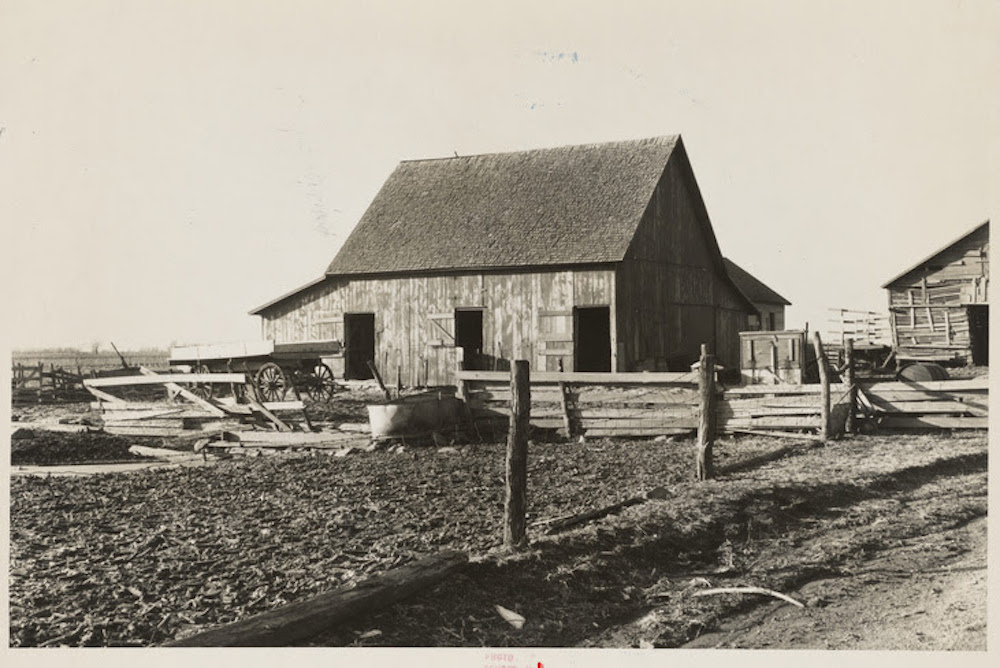Every week, the editors of The Paris Review lift the paywall on a selection of interviews, stories, poems, and more from the magazine’s archive. You can have these unlocked pieces delivered straight to your inbox every Sunday by signing up for the Redux newsletter.
This week, we’re looking back at work previously published in the Review from three contributors to our current issue: Isaac Bashevis Singer’s 1968 Art of Fiction interview, Peter Orner’s short story “Foley’s Pond,” and Carl Phillips’s poem “The Swain’s Invitation.”
If you enjoy these free interviews, stories, and poems, why not subscribe to read the entire archive? You’ll also get four new issues of the quarterly delivered straight to your door.
Isaac Bashevis Singer, The Art of Fiction No. 42
Issue no. 44 (Fall 1968)
The problem is that it’s very hard to find a perfect equivalent for an idiom in another language. But then it’s also a fact that we all learned our literature through translation. Most people have studied the Bible only in translation, have read Homer in translation, and all the classics. Translation, although it does do damage to an author, it cannot kill him: if he’s really good, he will come out even in translation. And I have seen it in my own case. Also, translation helps me in a way. Because I go through my writings again and again while I edit the translation and work with the translator, and while I am doing this I see all the defects of my writing. Translation has helped me avoid pitfalls which I might not have avoided if I had written the work in Yiddish and published it and not been forced because of the translation to read it again.
Foley’s Pond
By Peter Orner
Issue no. 202 (Fall 2012)
After school we’d go down there and talk down the waterlogged afternoons. There is something overripe about spring in the Midwest, the wet and green world, the ground itself rotten, oozing, dripping. Foley’s was protected by a canopy of trees. The sun only crept through in speckles. There was nothing beautiful about that pond, even in April, except that it was ours. Foley’s in the rain, the rain smacking the leaves, how hidden we were, talking and talking and talking about God only knows what. Had we been a little older we may have drunk beers or smoked dope or brought girls so they could scream about not wanting to go anywhere near that disgusting water. We were thirteen and conspiratorial and what was said is now out of reach, as it should be.
The Swain’s Invitation
By Carl Phillips
Issue no. 135 (Summer 1995)
The barn is warm, come inside, lie down,
sleep. Here, no sheep ever failsin jumping, tears its dug or anything
else tender on the fencing’s barbed wireand, losing all the grace that true
jumping is made of, leaves you, flushed,to start all over again counting …
If you like what you read, get a year of The Paris Review—four new issues, plus instant access to everything we’ve ever published.
from The Paris Review https://ift.tt/2udE6Pk



Comments
Post a Comment